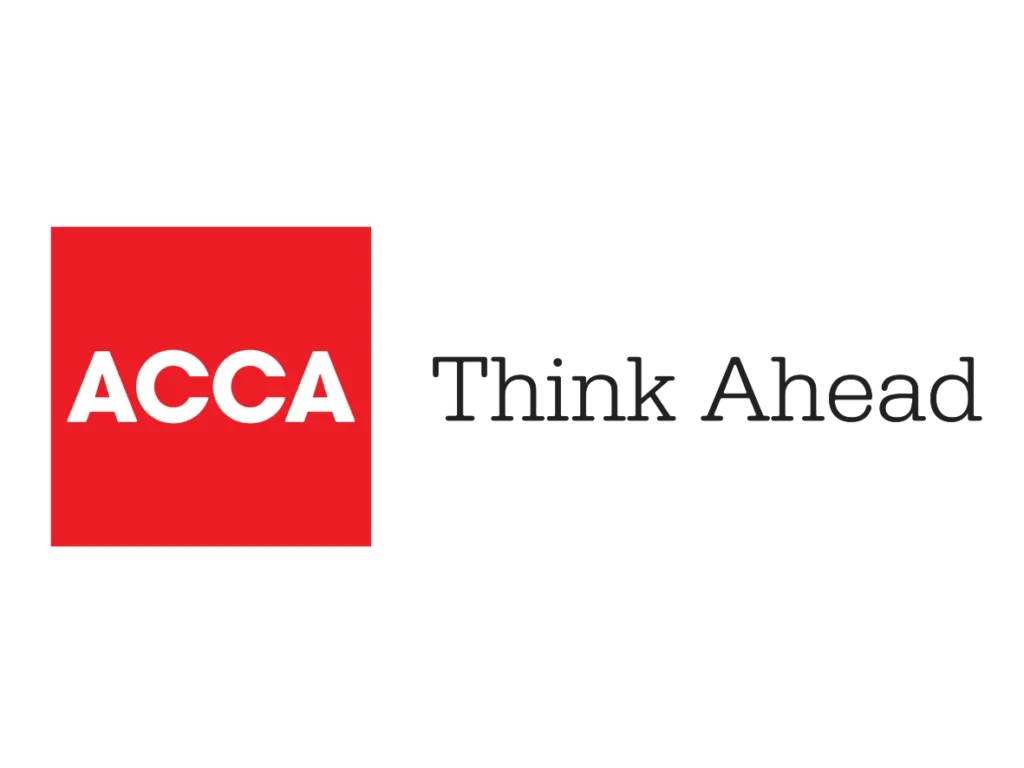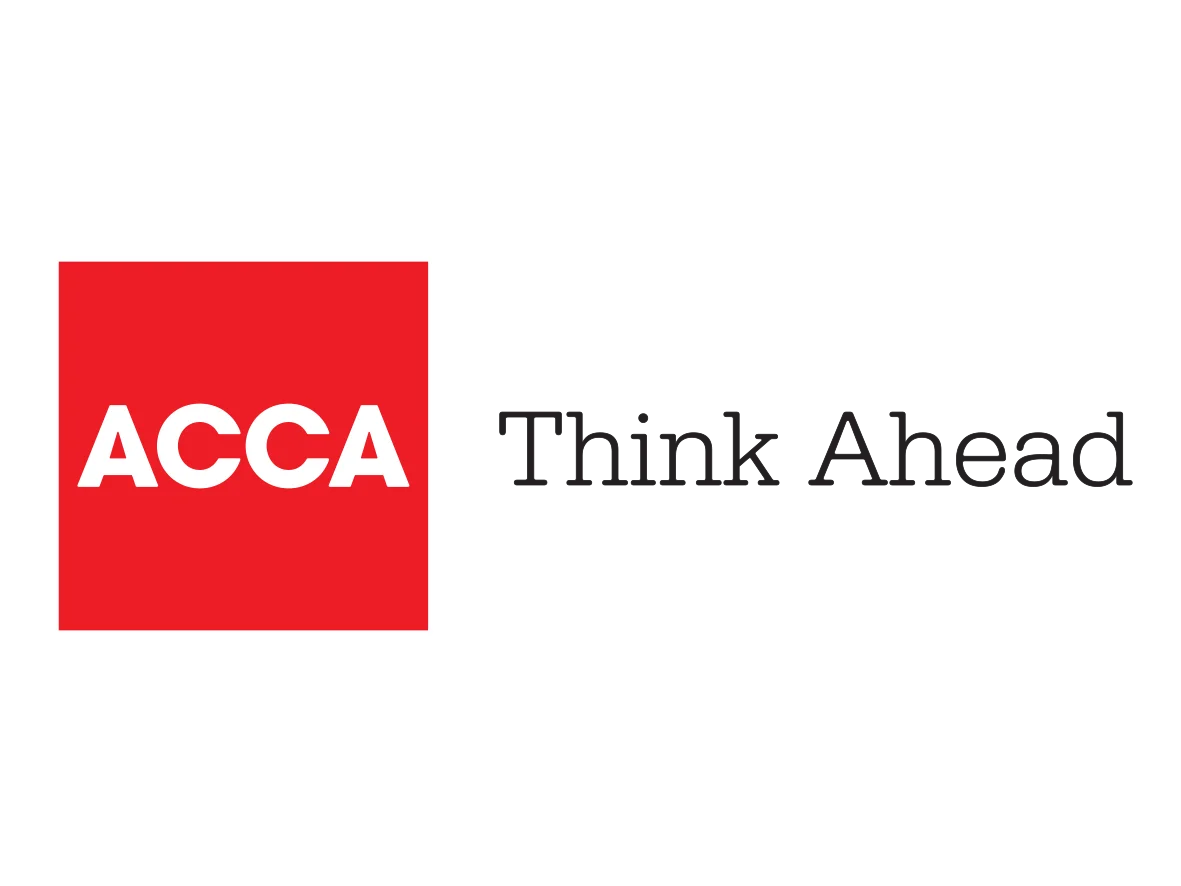Need to know advice for filing a self-assessment
Need To Know Advice For Filing A Self-Assessment
Filing a self-assessment is an important task that all self-employed individuals. They will need to complete before the end of each tax year.
It’s not difficult… But there are a few things you will need to know before filing. This is to ensure you are completing the document correctly. In this blog post, we will discuss the basics of filling out your information and provide some advice.
It is also important to understand what happens if you don’t file or input false information.
So be sure to read on carefully!
Come Prepared
Before you start, it is important to make sure you have all the necessary information. This informatio that will allow you to complete the form.
This will include having the following things to hand:
- Your UTR (Unique Tax Reference) number
- Your P60 or P45
- Financial records such as profits and losses as well as total income for the previous tax year
- Any tax deductions you may be eligible for
- A note of any business expenses that you can claim
- Note of your pension contributions
- Your national insurance number
How To Complete The Form
The filing process itself is relatively straightforward, although it can seem daunting at first glance. All you need to do is complete each section with accurate information. Including your income, expenses, profits and losses for the year.
HMRC provides plenty of guidance and support to help you through filing your self-assessment form. So be sure to take advantage of this if you’re feeling unsure about what you are doing. Alternatively, get in touch with our team and we’ll be able to provide some advice and guidance!
Who Needs To Fill In a Tax Return?
It is essential to know if filing a tax return is a requirement for you. It may not be necessary depending on your situation.
Generally speaking, filing a tax return is required if you:
- You are self-employed with an annual income of £1,000 or more
- Receive untaxed income
- Rent out property for more than £2500 annually
- You earned more than £10,000 from investments before tax
- Are a business owner
If you’ve never registered before and don’t know how to start filing a self-assessment, you’ll first need to head over to GOV.uk and let them know you’re ready to process your first tax return. It’s important you do this before 5th October in the tax year you become self-employed so you are ready to file your first return.
You can also fill in the paperwork online at this same URL – making it super quick and easy to get through. Just don’t forget to have all of the information to hand we mentioned above!
How Long Do I Have?
The filing deadline for online self-assessment is 31st January each year. So, you should be sure to give yourself plenty of time and avoid leaving it to the last minute in order to make sure your paperwork is ready before then.
However, if you’re sending a paper version, you will need to submit this by midnight on 31st October.
This is the date any tax owed will be due, so completing it at least a few days beforehand will be ideal and ensure you don’t get caught up in any of the following issues…
What Happens If I Don’t File My Self Assessment?
It’s very important that you file on time, as filing late or not at all can result in hefty fines from HMRC. These are generally calculated on a daily basis and start at £100 for filing up to three months late – with the potential of additional charges if you continue to ignore filing after that length of time.
In more serious cases – such as filing your tax returns more than six months late or filing inaccurate information – could result in you facing a prison sentence.
Therefore, filing your self-assessment on time and accurately is crucial, so don’t forget to check it thoroughly and double-check all of the information provided before filing!
With this in mind, you must ensure that you fill out the document accurately and truthfully. If you do not, you could be subject to further penalties so it’s important to double-check all your information before clicking that ‘submit’ button.
While the deadline may be January 31st, you can actually complete this any time after the end of the tax year (April 5th). It’s always great to pop this date in the calendar so you don’t have to worry about it for the rest of the year!
I Owe Tax – When Do I Need To Pay?
If filing a self-assessment reveals that you owe money to HMRC, the payment will be due on 31st January – even if you file after the deadline.
Fortunately, your filing should come with an option to pay in instalments – although these may incur additional interest charges which are usually calculated at 3%. It’s best to get in touch with HMRC if you’re having difficulties paying on time.
There are many ways to pay your tax bill and some are much quicker than others.
So, if you’re making your payment close to the deadline day, choose one of the faster options to make sure you don’t get penalised.
The quickest and most popular ways to pay are:
- Online or telephone banking
- Clearing House Automated Payment System (CHAPS)
- Debit or corporate credit card
- In person at your bank
But if you would prefer, you can arrange for a bank transfer, Direct Debit or send a cheque.
What If I Make An Honest Mistake When Filing A Self-Assessment?
It’s important to note that filing your tax return is an important responsibility and it should not be taken lightly. That being said, filing incorrectly by mistake is understandable, as long as you provide honest information.
If you do make a mistake, get in touch with HMRC as soon as possible – they are likely to take this into consideration when deciding what any fines or subsequent penalties may be.
In contrast, filing false information or purposely omitting details could lead to prosecution for tax evasion or fraud – so always aim for accuracy and truthfulness.
Conclusion
Filing your self-assessment can seem like a daunting task if you don’t know what’s expected of you. But hopefully, after reading through this blog, you should now have a better understanding of the filing process and what
happens if you don’t file your self-assessment on time or input false information.
Just remember to always be truthful and take every step to get your filing correct as soon as possible – this way, you can avoid any nasty outcomes.
However, if you are still having some trouble or need more help before starting this process – you can always get in touch with our team who will be happy to lend a hand. We always conduct a thorough analysis to get your information submitted as soon and as accurately as possible. We will take care of everything from completing forms to calculating your tax liability, verifying all of the information with you before submitting your Personal Tax Return to HMRC on time. Simply contact us today and let’s talk more about what you need.
Have you read our other blogs?
ONE IN EVERY 228 COMPANIES ENTERED LIQUIDATION IN LAST QUARTER
COVID-19 LOAN DEFAULT FIGURE HITS £2BN WHAT YOU NEED TO LOOK OUT FOR WHEN LOOKING FOR AN ACCOUNTANCY FIRM HOW PORTSMOUTH ACCOUNTANTS DRIVE BUSINESS GROWTH BOOK A CALL WITH HENRY THOMAS ADVISORY WHY BUSINESSES CHOOSE OUR TAX ADVISORS IN PORTSMOUTH: A CLOSER LOOK HAMPSHIRE ACCOUNTANTS: THE KEYS TO SIMPLIFYING CORPORATE TAX COMPLIANCE EXPERT ACCOUNTING AND TAX SERVICES IN PORTSMOUTH



